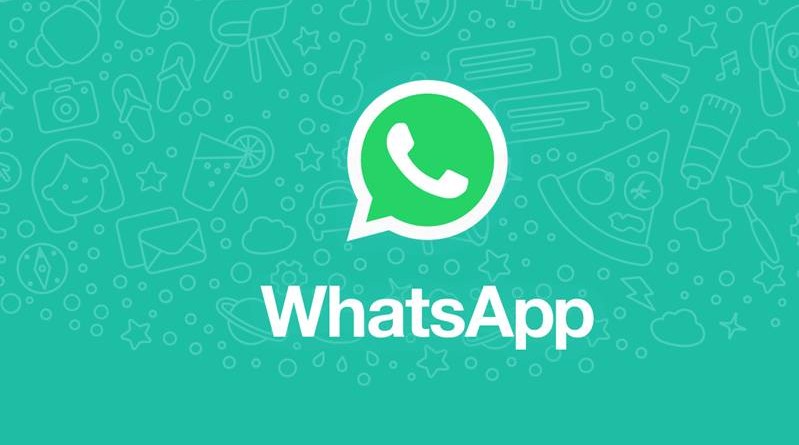WhatsApp postpones privacy policy update over backlash about Facebook data sharing
WhatsApp has delayed a privacy policy update that caused confusion and backlash among users over fears it could mean broader data sharing
with the messaging app’s owner Facebook.
WhatsApp said on Friday that it would delay the planned privacy
update, as it tries to stem a backlash by users worried about the
changes.
“We’ve heard from so many people how much confusion there is around
our recent update. There’s been a lot of misinformation causing
concern and we want to help everyone understand our principles and the
facts,” WhatsApp said in a blog post over the weekend.
The updates related specifically to features that allow users to
message and interact with businesses on WhatsApp. Last year, Facebook
announced that businesses using WhatsApp could store and manage their
chats with customers using Facebook’s “secure hosting infrastructure.”
contents of the message between it and a user and may use that
information for its own marketing purposes, which could include
advertising on Facebook.
WhatsApp was set to start prompting users on Feb. 8 to accept updated
terms in order to continue using the app. But Facebook said that it is
now pushing the date back for people to review and accept the terms.
No one will have their account suspended or deleted on Feb. 8,
Facebook added. People will “gradually” have the chance to review the
policy “at their own pace” before the new business options are
available on May 15.
The privacy updates caused “confusion,” WhatsApp said. Many users took
it to mean that the app would be sharing more data, including
messages, with Facebook.
Many users were concerned that the updated privacy policy signaled
broader data sharing between WhatsApp and Facebook. But that is not
the case. Since 2016, WhatsApp has shared certain data with Facebook
such as your phone number.
But the contents of messages cannot be viewed by WhatsApp or Facebook.
That’s because they are encrypted. That is not changing.
Now, WhatsApp executives are assuring users that its changes are
minor, that it cannot read users’ messages and that its services are
more secure than those of some competitors.
“WhatsApp helped bring end-to-end encryption to people across the
world, and we are committed to defending this security technology now
and in the future,” WhatsApp said in a company blog post. “With these
updates, none of that is changing.”
Some limited information from WhatsApp is shared with Facebook,
WhatsApp’s parent company. But the changes to WhatsApp’s terms of
service to enable that occurred in 2016, and the terms have not been
substantially updated since.
People flocked to other messaging services, including apps like Signal
— which offers so-called end-to-end encryption like WhatsApp — and
Telegram, which offers some encryption options. This week, Signal
became the No. 1 app in India, one of WhatsApp’s biggest markets, on
Apple and Android phones.
On Saturday, Signal suffered an outage due to an influx of users.
Signal said it was “adding new servers and extra capacity at a record
pace every single day” last week and the app came back online on Sunday.
The fallout reflects a rare misstep for the messaging giant, which
Facebook bought in 2014 for $16 billion. For years, Mark Zuckerberg,
Facebook’s chief executive, let WhatsApp operate largely as an
independent entity, supported by Facebook’s infrastructure and
resources. Over that period, WhatsApp grew to serve more than a
billion users — most of them outside the United States.




